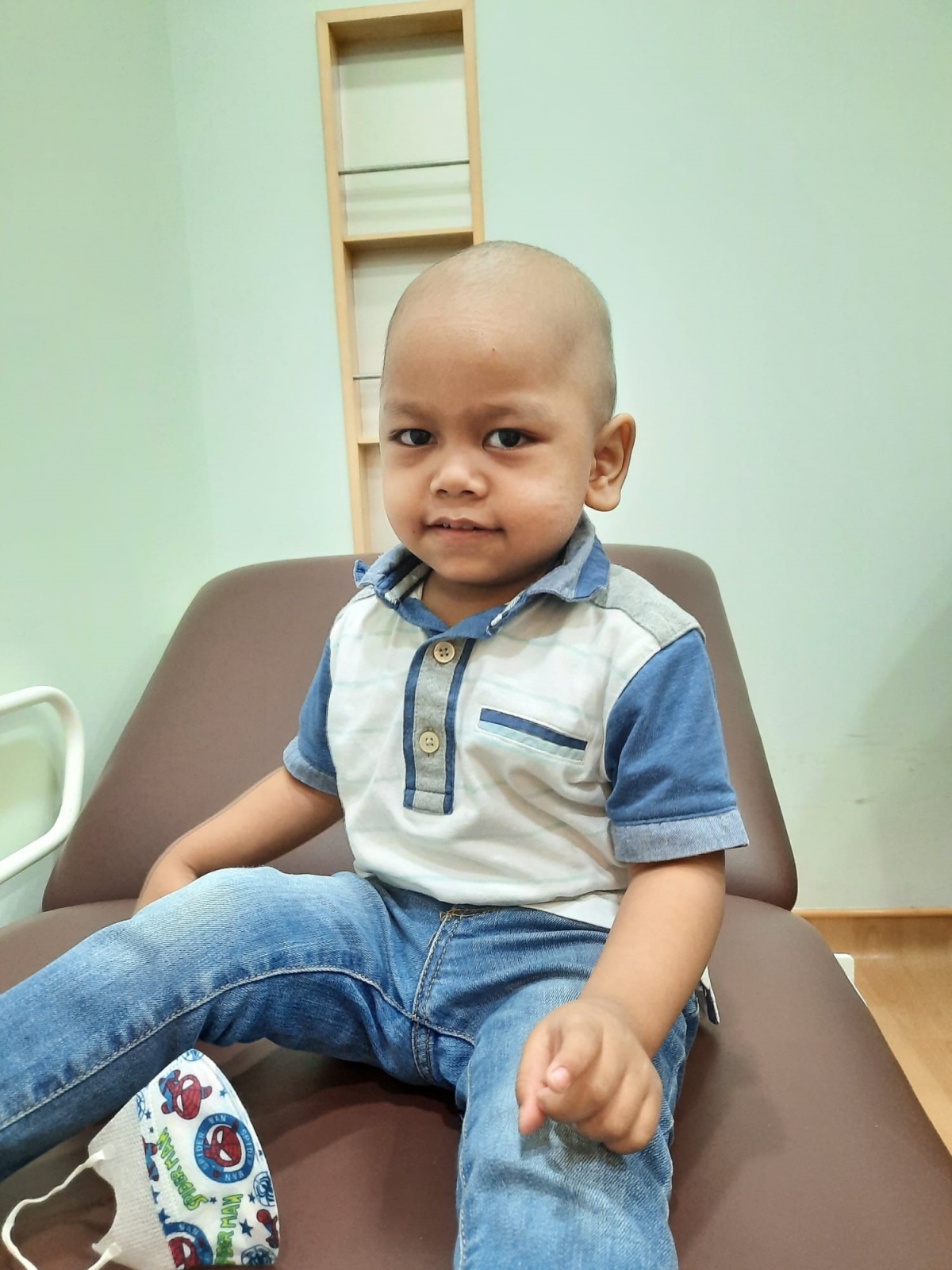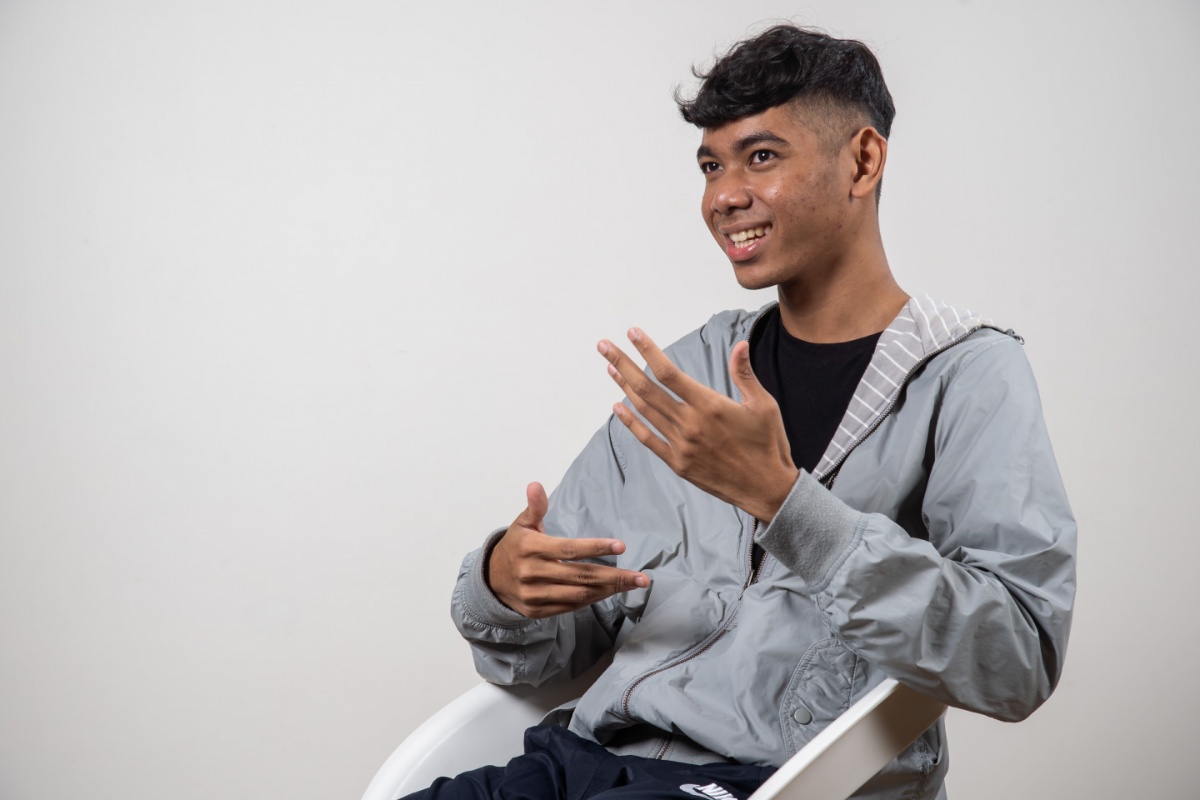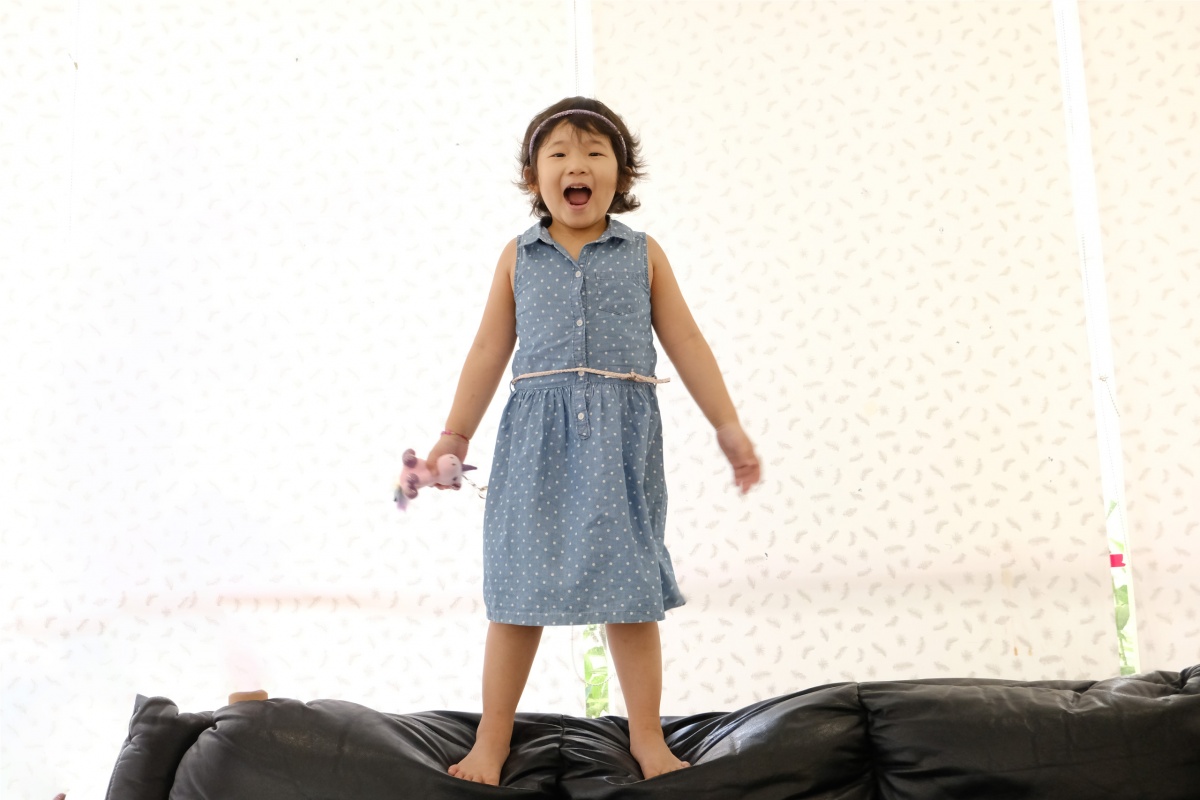Human complexity and diversity makes the social work industry a particularly challenging field to work in. TRIBUTE goes behind-the-scene with Ng Hwee Chin, Head of Direct Services at CCF to find out more about her passion to serve and insights of the profession!
1. Can you describe what your job entails at CCF?
As Head of Direct Services at CCF, my job covers a wide range of duties. It includes direct case management for the palliative and bereaved (P&B) families, development of programmes under the P&B Services, overseeing the overall service delivery in CCF, provision of in-house training and supervision (casework, clinical, administrative and on-site), streamlining work processes across the psychosocial teams to facilitate effective management of resources and liaison with working partners (inclusive of regional partners).
2. Why did you choose social work or what path led you to the profession?
During my six month stint at a vacation job in a multinational company, I met many highfliers who made work a priority and shared a common sentiment that they had money but no time to spend. Some of the staff even went back to work on the first day of Chinese New Year. I was a commerce student then and I started to wonder if that was the type of life I wanted for myself and “No” was the answer.
I thought I would like a more meaningful job where I could be of help to others so I decided to major in Psychology. I was not intending to become a social worker then. I was interested in Psychology and I thought social work was a good fit to Psychology since both subjects were offered by the same faculty. Hence, I chose to study Social Work.
I was inspired to become a social worker after my second internship in one of the restructured hospitals. I met a very good clinical supervisor who taught me a lot about the social work practices and issues in a hospital setting, and clinical considerations such as transferences and counter-transferences, etc.
In addition, I liked the learning opportunities available in the hospitals. I picked up medical, nursing and other illness-related knowledge beyond social work. Hence, I became a Medical Social Worker after I graduated from NUS and eventually started to develop my interest in working on cases in paediatrics.
3. What, in your opinion, is the primary role of a social worker? How does one lay the groundwork for that role and then deliver on that?
In my opinion, social workers are like the tug boats that help tow and navigate vessels in shallow waters to reach the shipyard for maintenance or other purposes. After the maintenance or completion of the task, the tug boats will send the vessels out to the open sea so that these vessels can continue on their own voyages.
We support the clients by walking them through difficult moments when their internal and external resources do not allow them to address their current issues. Once resolved and addressed, we send them off with our best wishes for them to continue on their life voyages.
For me, it is important for social workers to be equipped with the necessary aptitude and skills set to help others. The focus of our work is always on the client’s interest and well-being. As such, we must always keep abreast of clinical developments, exercise mindfulness on whether our services are meeting the client’s needs and look out for our personal well-being.
The development of social work skills is an art. It takes conviction and time to become a proficient helper. The former is very important as there will constantly be challenging and tiring moments. Knowing why and what we are doing are important for a social worker to continue to stay clear minded and persevere.
4. What changes do you think the profession of social work can benefit from?
I feel that the industry is facing a shortage of social workers and there should be more provisions to encourage more new entrants into the industry.
For instance, I have been wondering if existing tertiary institutions can introduce new social work courses or make exceptions in their entry requirements such as grades and minimum entry age to boost the intake numbers. We are building more health care facilities and scaling up our social services to address issues of a growing and aging population. We are, however, not producing enough new social workers to address the expanding social issues that come along.
5. Do you have any tips to share with those who aspire to enter and succeed in social work?
Every client is different with their own personality and a life story unique to them. Even siblings brought up in the same family are different. Hence, provision of social work support is never straight forward nor cast in a ‘template’ and that translates to the need for constant learning. One must be prepared for a steep learning curve in order to be a proficient professional helper. It is also important that we strike a balance with good self-care practices.
For me, this is a very challenging job but I am always thankful for the privilege to be able to journey with others.
6. Leave us with a quote that you live by!
Everyone should live life to the fullest!






